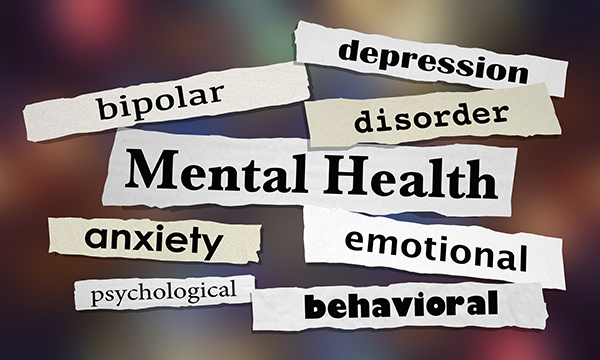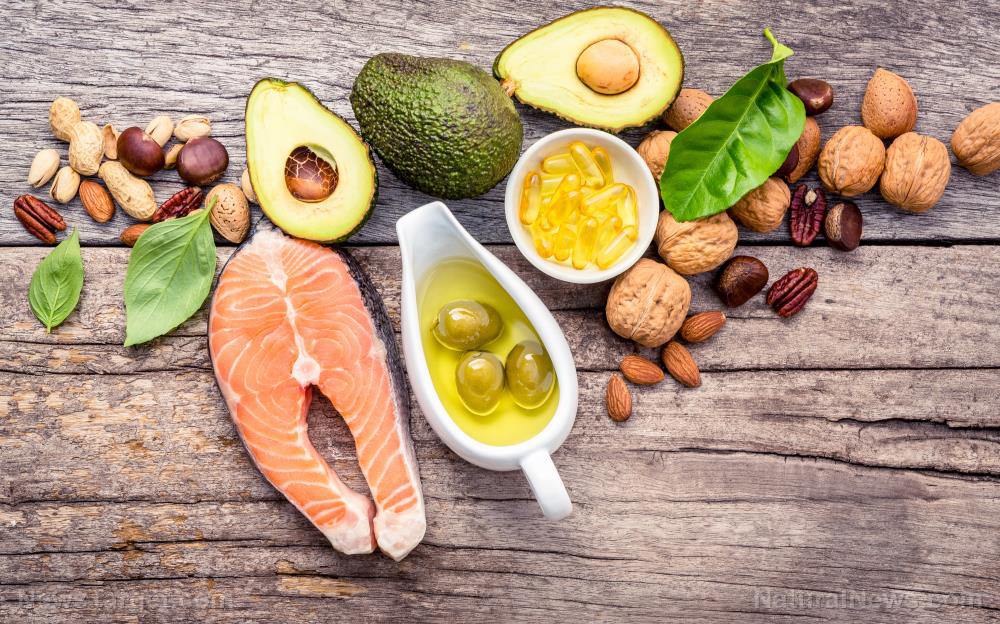Menopause and gut health: Decoding the relationship between hormones and digestive issues
08/26/2025 / By Willow Tohi

- Women often experience more severe gastrointestinal (GI) symptoms like bloating, constipation and nausea during menopause.
- Hormonal changes, especially declining estrogen levels, are linked to increased GI distress.
- Racial and ethnic factors influence the prevalence and severity of GI symptoms.
- Stress and digestive health are interconnected, exacerbating symptoms during menopause.
- Probiotic-rich foods and supplements can help manage hormonal and digestive health simultaneously.
As women navigate perimenopause and menopause, they often experience a range of symptoms, from hot flashes to mood swings. However, one frequently overlooked aspect of this transitional phase is its profound impact on digestive health. Research indicates that women over 45 are statistically more likely to suffer from more severe gas, bloating, nausea and other gastrointestinal (GI) issues, including weight gain. This phenomenon is particularly concerning as it can significantly impact daily life, beyond the commonly discussed symptoms like irritability and anxiety. Understanding this link between hormonal shifts and digestive distress is increasingly important, especially with a growing population of women entering these life stages.
The hormonal connection: Estrogen decline and gut health
The decline in estrogen levels during menopause plays a pivotal role in the rise of digestive issues. Estrogen, the primary female sex hormone, affects not only reproductive health but also digestive function. As women approach menopause, their ovaries produce less estrogen, leading to systemic changes that can disrupt the delicate balance of the gastrointestinal tract. According to Gretchen Lidicker, M.S., author of “CBD Oil Everyday Secrets” and “Magnesium Everyday Secrets,” “these hormonal fluctuations can alter gut bacteria composition and slow down digestion, resulting in symptoms such as bloating and constipation.” Research has shown that periods of declining ovarian hormones are associated with an increase in GI symptoms, suggesting that estrogen withdrawal may directly or indirectly contribute to digestive discomfort.
Racial and ethnic disparities in GI symptoms
While menopause affects all women, the experience of GI symptoms is not uniform across different racial and ethnic groups. A study published in Menopause analyzed data from over 1,000 women and found significant differences in the prevalence and severity of GI symptoms based on race and ethnicity. Asian participants reported fewer and less severe GI symptoms, whereas non-Hispanic white women experienced higher total severity scores, especially for nausea, vomiting, diarrhea and loss of appetite. Hispanic women were more likely to report higher severity for constipation, weight gain and bloating. These racial and ethnic disparities highlight the need for personalized approaches to managing GI symptoms during menopause, acknowledging the complex interplay between hormones, genetics and environment.
The role of stress: Amplifying menopausal digestive issues
Stress, a common companion during menopause, further exacerbates digestive issues. As cortisol, often referred to as the “stress hormone,” increases during menopause, it can lead to changes in digestive function. Stress triggers the release of adrenaline, which can disrupt the gastrointestinal system, leading to symptoms like bloating, gas and constipation. Many women find that their digestive issues worsen during particularly stressful periods, creating a challenging cycle to break. By addressing stress through relaxation techniques, mindfulness and physical activity, women can help mitigate the exacerbation of GI symptoms during menopause.
Solutions and management strategies: Nurturing hormonal and gut health
Managing menopausal GI symptoms involves a multi-faceted approach that prioritizes both hormonal and digestive health. One effective strategy is incorporating probiotic-rich foods and supplements into one’s diet. Probiotics, beneficial bacteria found in fermented foods like kimchi, yogurt and kefir, support the gut microbiome and can ease digestive distress. A well-formulated probiotic supplement can holistically support gut health throughout all stages of life. Additionally, staying hydrated, engaging in regular physical activity and making dietary adjustments can help improve digestive health during this transition. Some women have found relief with specific gut-health protocols designed for menopause, which focus on targeted nutrition and lifestyle changes to support the microbiome.
Navigating menopause with a focus on digestive health
The connection between menopause and digestive health is complex yet crucial for understanding and managing the symptoms that many women experience during this life stage. By recognizing the role of hormonal changes, stress and dietary factors in digestive discomfort, women can take proactive steps to support their overall well-being. Incorporating probiotic-rich foods, staying hydrated and managing stress are essential components of a comprehensive approach to health during menopause. As research continues to shed light on the intricacies of this relationship, the hope is that women will have access to better tools and strategies to navigate the challenges of menopause with grace and resilience.
Sources for this article include:
Submit a correction >>
Tagged Under:
aging secrets, alternative medicine, Anxiety, diarrhea, digestion, estrogen, gut health, health science, hormonal shifts, hormone health, loss of appetite, Menopause, natural health, Naturopathy, nausea, remedies, reproductive health, research, vomiting, women's health
This article may contain statements that reflect the opinion of the author




















